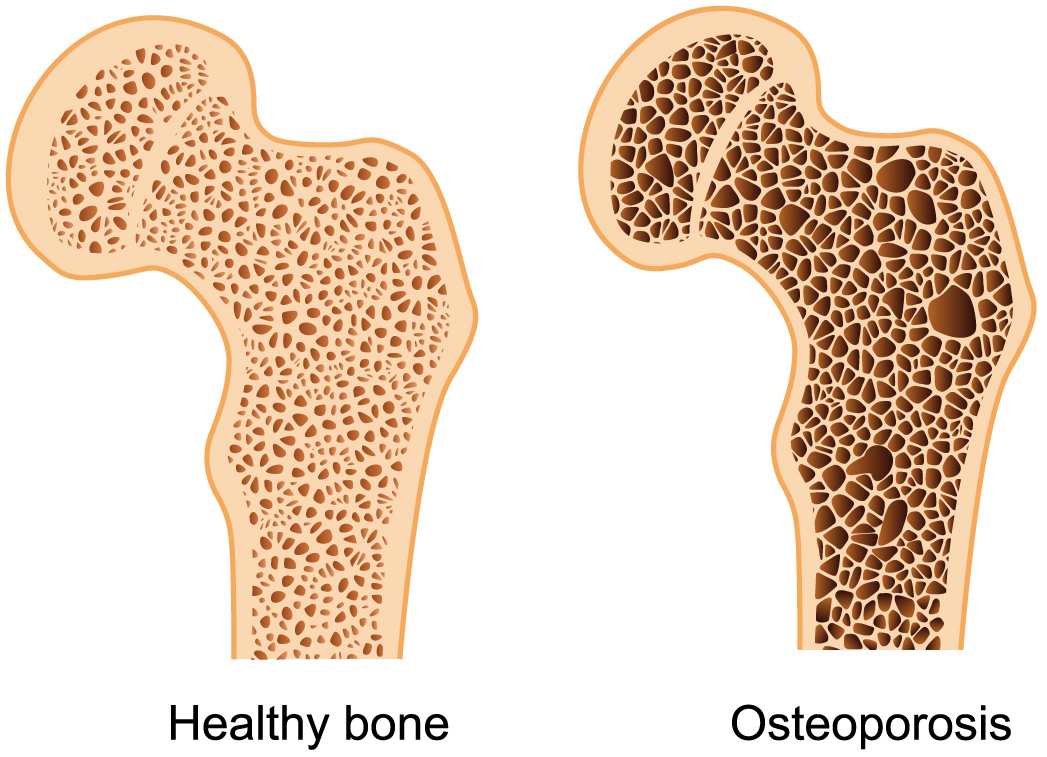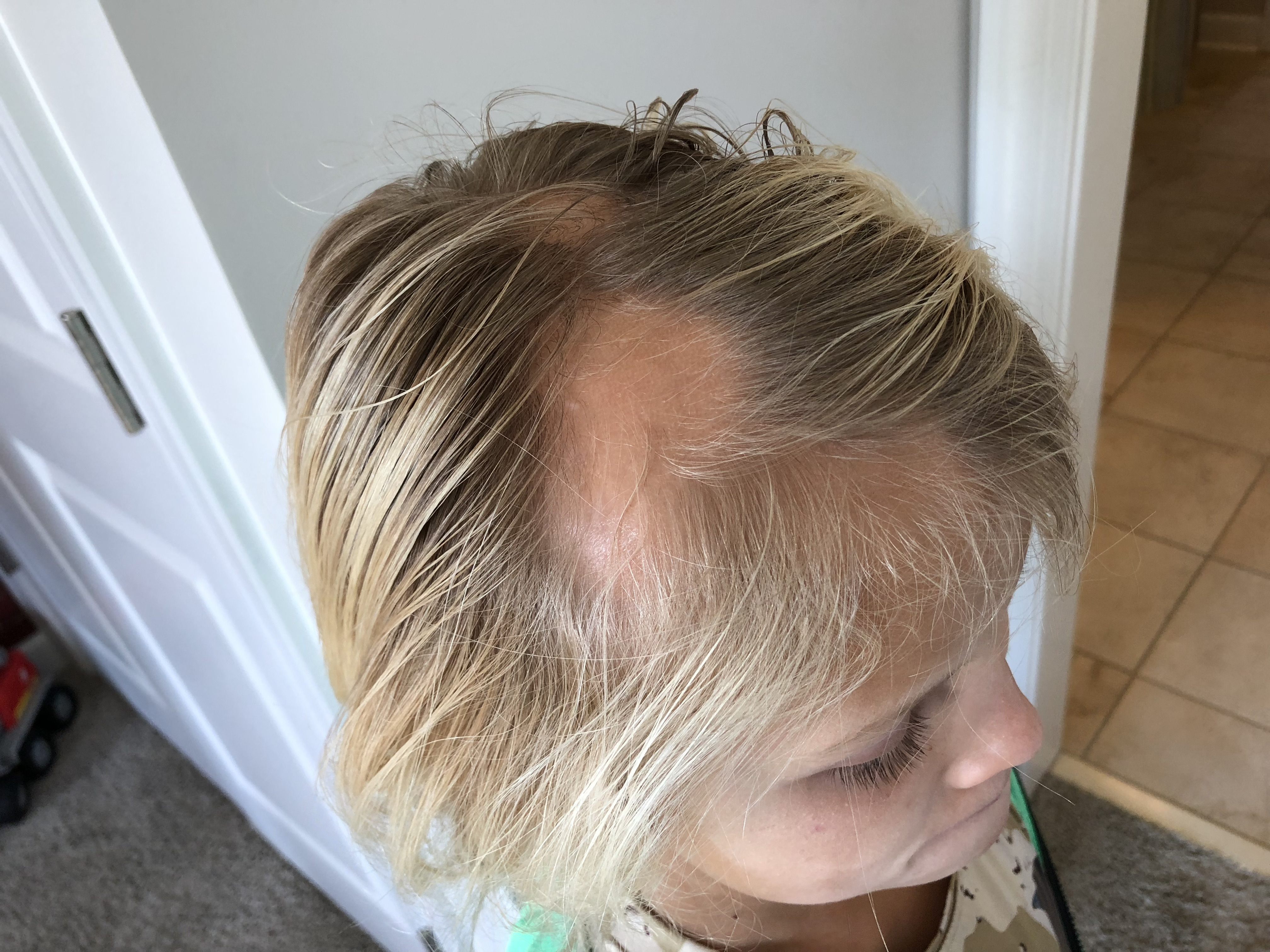Understanding Vitamins
You need to Know this! 8 Signs and Symptoms of Vitamin D Deficiency
Vitamin D is an extremely important vitamin that has powerful effects on several systems throughout the body.
Let’s explore together, what I think are the main 8 signs and symptoms of Vitamin D deficiency
Unlike most vitamins, vitamin D actually functions as a hormone. Every single cell in your body has a receptor for it. Your body makes it from cholesterol when your skin is exposed to sunlight. it’s also found in certain foods such as fatty fish and fortified dairy products.
These are common risk factors for vitamin D deficiency in the elderly, as they do not eat much fish or drink milk. Another risk factor is living far from the equator where there is little Sun year-round or, when there is the sun, always using sunscreen when going out.
There is a concern for our young children who are at risk by staying indoors and playing on computers, rather than playing outside.
Most people don’t realise that they are deficient in Vitamin D. The symptoms are generally subtle – here are eight signs and symptoms of vitamin D deficiency that most people experience.
Number one – getting sick or infected. Often one of vitamin D’s most important roles is keeping your immune system strong. This enables your ability to fight off the viruses and bacteria that cause illness. If you become sick often especially with colds or the flu low vitamin C levels may also be a contributing factor.
Number 2 – fatigue and tiredness. Feeling tired can have many causes and vitamin D deficiency may be one of them. Unfortunately, it’s often overlooked as a potential cause. Case studies have shown that very low blood levels can cause fatigue that has a severe negative effect on the quality of life. An observational study of female nurses found a strong connection between low vitamin D levels and self-reported fatigue
Number three – bone and back pains. Vitamin D is involved in maintaining bone health through a number of mechanisms. It is known to improve your body’s absorption of calcium. Bone pain and lower back pain may be signs of inadequate vitamin D levels in the blood. Large observational studies have found a relationship between deficiency and chronic lower back pain.
Number four – impaired wound healing. Slow healing of wounds after surgery or injury may be a sign that vitamin D levels are too low. Results from a test tube study suggest that the vitamin increases the production of compounds that are crucial for forming new skin as part of the wound healing process. One study on patients who had dental surgery found that certain aspects of healing were compromised by vitamin D deficiency. It’s also been suggested that vitamin Ds’ role in controlling inflammation and fighting infection is important for proper healing.
Number five bone loss. Vitamin D plays a crucial role in calcium absorption and bone metabolism. Many women who are diagnosed with bone loss believe they need to take more calcium however they may be deficient in vitamin D. As well as having low bone mineral density there is an indication that calcium and other minerals have been lost from the bone. This places older people, especially women, at an increased risk of fractures. So getting enough of this vitamin is important for preserving bone mass as you get older.
Number six hair loss. Hair loss is often attributed to stress which is certainly a common cause. However when hair loss is severe it may be the result of a disease or nutrient deficiency, and in women has been linked to low vitamin D levels. Although there is very little research on this so far, hair loss may be a sign of vitamin D deficiency, especially in the female pattern hair loss or the autoimmune condition, alopecia areata.
Number seven muscle pain. The causes of muscle pain are often difficult to pinpoint. There is some evidence though that vitamin D deficiency may be a potential cause of muscle pain in children and adults.
Number eight – depression or a depressed mood. This may also be a sign of deficiency. In review studies, researchers have linked vitamin D deficiency to depression particularly in older adults. Vitamin D deficiency is incredibly common and most people are unaware of it, that’s because the symptoms are often subtle and nonspecific. This means that it’s hard to know if they’re caused by low vitamin D levels or something else. Fortunately, a vitamin D deficiency is usually easy to fix. You can either increase your sun exposure, eat more vitamin D rich foods or, a more safe and simple way, is to take a recommended supplement as I provide here.
If you would like to understand more about this amazing vitamin and how you can correct these health challenges
Have a look at the short video
Dr Robert Cass (Master Formulator) explains the importance of selecting the right Vitamin.
Protect yours and your families health – Click the button below
As found on Youtube















